Fluids, not the sexiest of topics, but you know what is definitely not sexy? Dehydration. This week, as part of my series on nutrition and ‘The other equestrian athlete’ I want to talk about an often underrated topic – Hydration.
Due to the format of equestrian sports food and nutrition plays a lesser role than it does in sports such as triathalon or marathon, however hydration is of vital importance. If athletes who are getting around in the middle of the day in black leather boots, coats and helmets are not sweating large amounts, placing themselves at risk of dehydration, then I don’t know who is.
At it’s mildest dehydration is annoying. However, at its worst, it can be fatal. It is fairly well accepted that dehydration can impact upon athletic performance. Even a loss as small as 1% of body weight can lead to impaired performance. For someone my size (~70kg or 154 pounds) that’s a loss of just 700ml!
How does dehydration affect our body?
- Decreased ability to control the temperature of your body. Remember that we sweat primarily to help ourselves cool off, if we have lost fluid, we decrease our ability to cool off.
- Fatigue (tiring quickly)
- Feeling as though exercise is harder than it actually is
- Impaired cognitive function (thinking less clearly or the feeling of thinking slowly)
- Impaired nervous system function (dizziness, light headedbess)
- Increased heart rate
- Increased gastrointestinal distress (eg. nausea, vomiting and diarrhoea)
I was rudely reminded of the uncomfortable side effects of dehydration at my last
One of the problems with dehydration is that it also decreases the amount of fluid that the digestive system absorbs which means that once you are dehydrated it can be difficult to correct. As they say, prevention is better than a cure!
So what can we do to ensure we optimal hydration?
As a starting point to prevent dehydration you can aim to:
- Drink ~500ml of water with your breakfast
- Drink an extra cup of fluid for every hour of exercise
- Replace 125-150% of your fluid losses in the six hours following exercise. This information sheet produced by the Sports Dietitian’s Australia, explains how you can actually figure out how much sweat you loose during exercise
- Avoid excessive amounts of caffeinated drinks during the day
- DON’T rely on your thirst as a reminder to drink adequate amounts of fluid. The colour of your urine is one indicator of your hydration status.
What about sports drinks?
In general water offers a cheap and easy way to replace fluid losses, particularly in sports which are low in intensity and duration (ie riding)However if the weather is particularly hot, or you are working a number of horses across the day or riding for longer periods of time, sports drinks such as Gatorade or Powerade (which contain salt and other electrolytes which are lost in sweat) can be beneficial for replacing fluid losses. Sports drinks are best consumed whilst you are actually exercising.
For more reading check out:
https://www.ncbi.nlm.nih.gov/pmc/articles/PMC1318513/pdf/jathtrain00019-0058.pdf
https://www.sportsdietitians.com.au/wp-content/uploads/2015/04/Fluids-in-sport.pdf

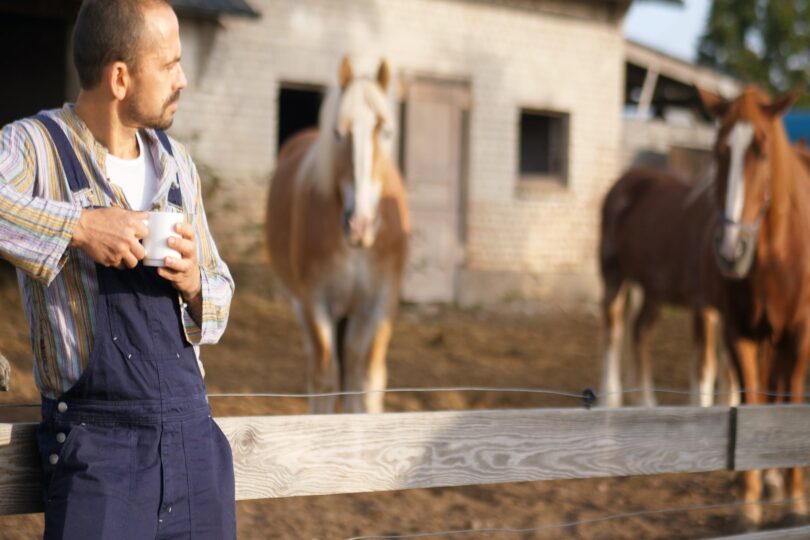
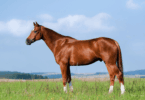
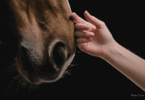
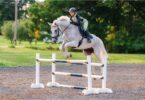

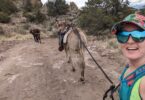
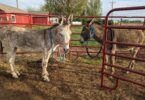
I must start to drink ~500ml of water with my breakfast! I think this would help.
Let me know how you go with it! I’m not too bad at drinking water, caffeine is my downfall…
I believe I drink more water than anyone I know ???? I think this was due to my mum getting me into the habit at a very early age and it has continued so much so that I can really feel if I havent had enough water!
Habit plays such a big role in getting enough fluid in as thirst really is not a good indicator.
Really, really enjoyed this article! Hydration is so vital, and I’m glad you talk about it in your Equestrian athlete series. Looking forward to more posts in this genre!
Oh thank you Lindsey I think it’s one of those easily missed area’s/topics but it can make a massive difference.
Concentration and decision making is such a massive part of any type of riding